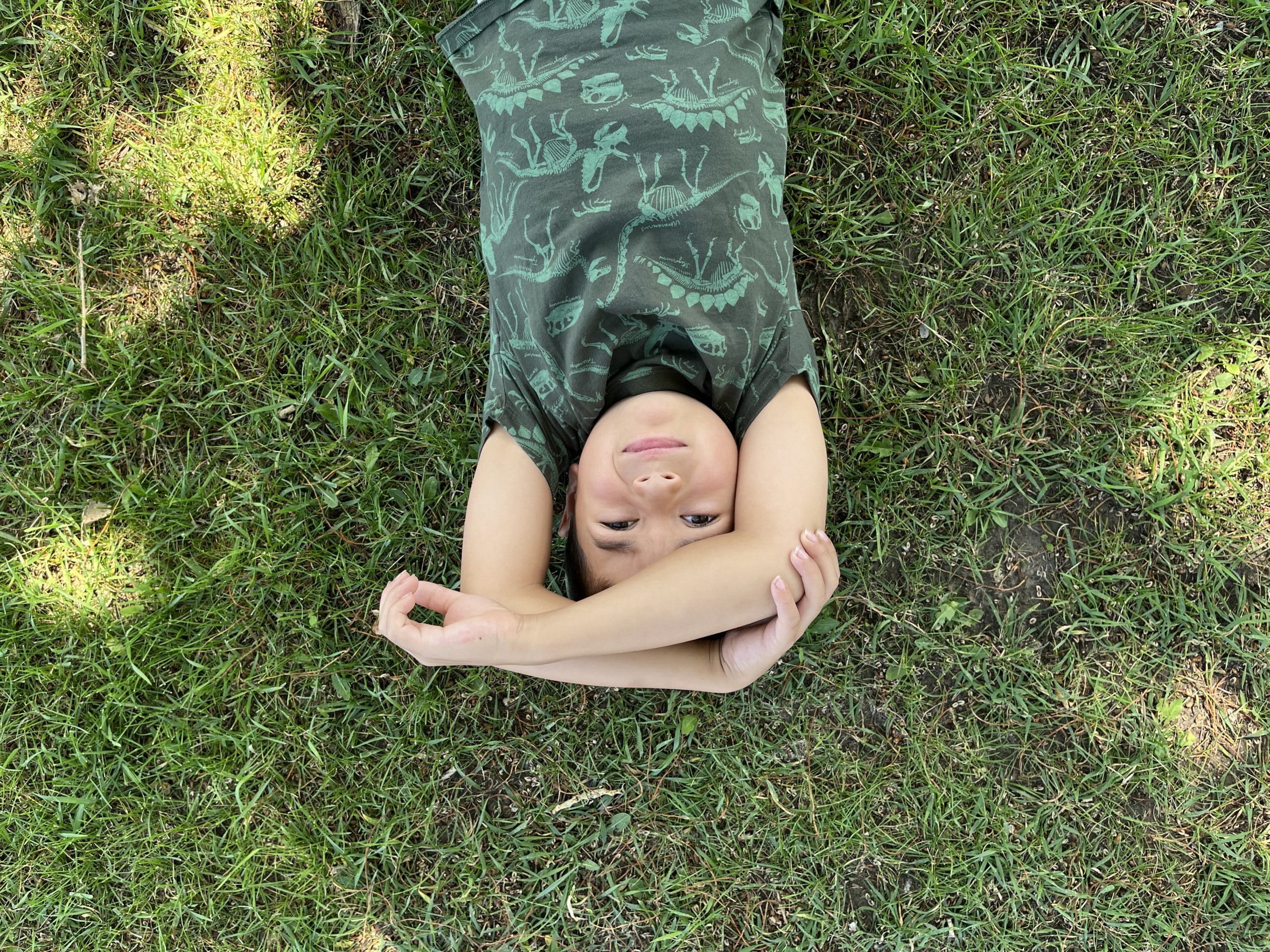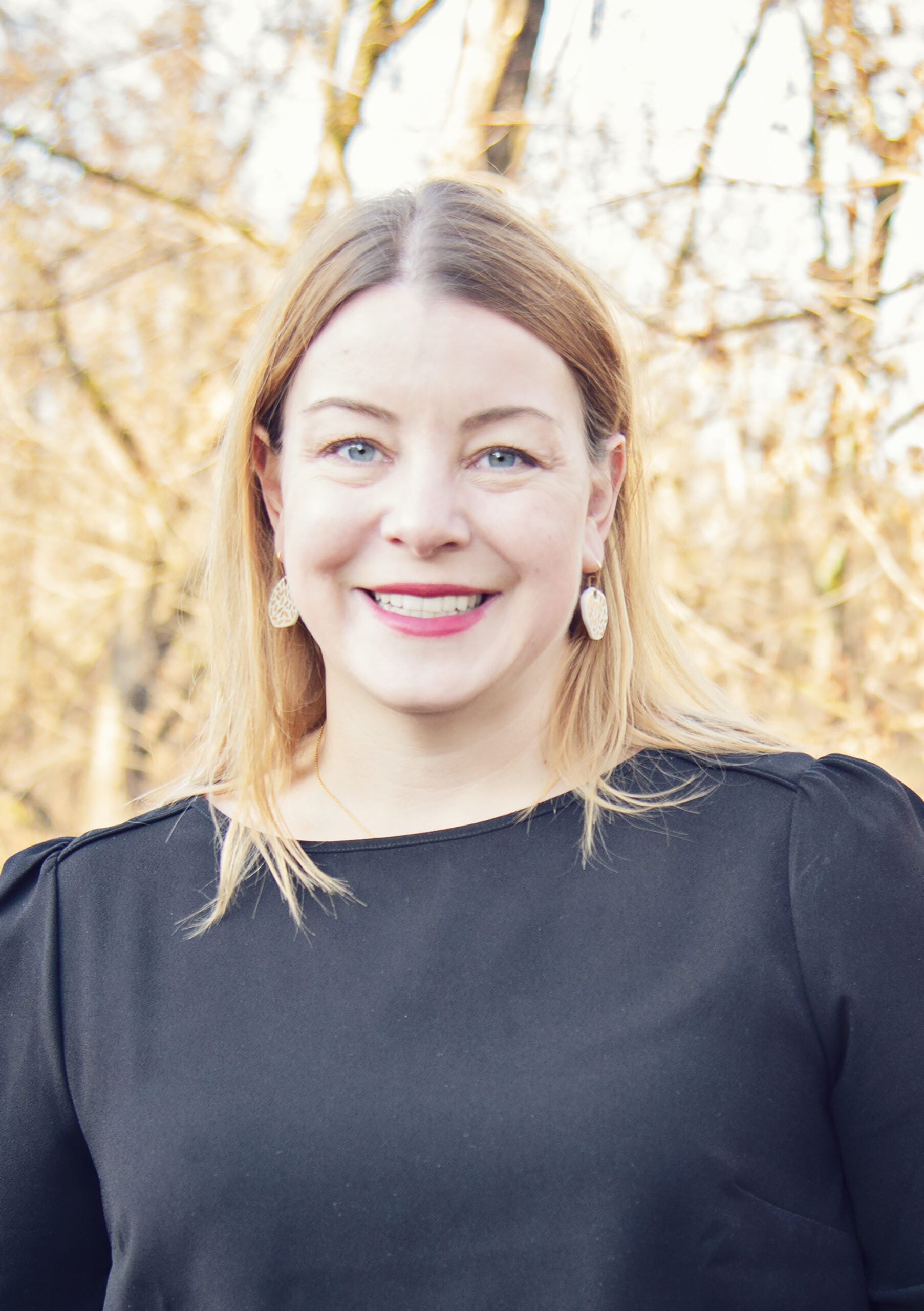My Favourite Place-Based Education articles

By Lauren Madden
To paraphrase Richard Louv: in order to protect a place, you need to love it first. In order to love a place you need to know it. In today’s fast-paced world, opportunities for learning about far corners of the Earth (from behind a small rectangle) abound. Yet, we often find ourselves- adults and kids alike- in disconnected echo chambers. How can we learn to love and protect the very places we inhabit when humans become increasingly disconnected from it? Place-based approaches to teaching and learning can ensure that teachers and children have a chance know, love, and appreciate the places they live.
Educational research supports this idea as well. As Knapp said when individuals, “purposefully consider their relationship with the landscape, they relate more closely to the world.” Similarly, the US National Parks Service offered a 2010 report the multitude of benefits generated from place-based learning ranging from increased student engagement to building connections between schools and communities and encouraging environmental stewardship.
So, given the constraints of a busy classroom, how can teachers support place-based instruction? Green Teacher offers a multitude of suggestions.
 In the recent Fall 2023 edition of Green Teacher, Stephanie Aleksiuk offers tangible suggestions for helping teachers connect children to nature. This article includes step-by-step guides for classroom (or schoolyard) implementation. For example, in one strategy, students sit outside and create a “sound map” of the area around them, honing in on listening skills and spatial awareness. In another, students participate in mindful breathing exercises while situated in nature- enhancing the mental health benefits of the practice.
In the recent Fall 2023 edition of Green Teacher, Stephanie Aleksiuk offers tangible suggestions for helping teachers connect children to nature. This article includes step-by-step guides for classroom (or schoolyard) implementation. For example, in one strategy, students sit outside and create a “sound map” of the area around them, honing in on listening skills and spatial awareness. In another, students participate in mindful breathing exercises while situated in nature- enhancing the mental health benefits of the practice.
In the summer 2016 edition of the magazine, Jennifer Cody, John Katunich and Mark Kissling share a more formal classroom activity for fifth graders debating an issue in their own backyard- researching and debating the merits and shortcomings of a planned residential community and its effects on an ecosystem. This activity culminated in the class participating in community event voicing their opinion to decision makers.
In Spring 2021, Joanne Goddard shared strategies for engaging students with the flora and fauna around their school- by starting with bird banding. These banding activities led to further close investigation of the living things in the ecosystem surrounding the school, and helped children to develop a strong sense of care and compassion
These are just a few small examples of how children gain empathy, understanding, and wonder through exploring their own place. Several episodes of Talking with Green Teachers offer further strategies and suggestions such as episode 52’s “Two Eyed Seeing,” and 51’s “Balancing Screen Time with Green Time.”
Place-based learning can look different in every setting from student-led outdoor exploration to formal lesson plans. However it looks, purposeful connection to place can provide rich and meaningful experiences with a multitude of benefits for children and teachers.
 Dr. Lauren Madden is a Professor of Elementary Science Education at The College of New Jersey. She holds a BA in Earth Sciences-Oceanography, MS in Marine Science and PhD in Science Education. Dr. Madden’s work advocates for scientific literacy and the health of our planet through teaching and learning. Her research has been supported by grants from the New Jersey SeaGrant Consortium, National Science Foundation, and US Environmental Protection Agency. She has written a textbook on Elementary Science Teaching Methods along with more than 40 peer-reviewed journal articles and book chapters. She was named the 2021 Outstanding Science Teacher Educator of the Year by the Association for Science Teacher Education and served as the inaugural iCAN STEM Role Model Award by the New Jersey STEM Pathways Network. In recent years, her work has focused directly on K-5 climate change education, and she was the lead author on the New Jersey School Boards’ Association & Sustainable Jersey For Schools’ Report on K-12 Climate Change Education Needs in New Jersey. Her expertise in climate change education in New Jersey has been featured prominently in many media outlets including the New York Times, Washington Post, The Guardian, NPR, and the Star Ledger.
Dr. Lauren Madden is a Professor of Elementary Science Education at The College of New Jersey. She holds a BA in Earth Sciences-Oceanography, MS in Marine Science and PhD in Science Education. Dr. Madden’s work advocates for scientific literacy and the health of our planet through teaching and learning. Her research has been supported by grants from the New Jersey SeaGrant Consortium, National Science Foundation, and US Environmental Protection Agency. She has written a textbook on Elementary Science Teaching Methods along with more than 40 peer-reviewed journal articles and book chapters. She was named the 2021 Outstanding Science Teacher Educator of the Year by the Association for Science Teacher Education and served as the inaugural iCAN STEM Role Model Award by the New Jersey STEM Pathways Network. In recent years, her work has focused directly on K-5 climate change education, and she was the lead author on the New Jersey School Boards’ Association & Sustainable Jersey For Schools’ Report on K-12 Climate Change Education Needs in New Jersey. Her expertise in climate change education in New Jersey has been featured prominently in many media outlets including the New York Times, Washington Post, The Guardian, NPR, and the Star Ledger.
Endnotes
- Knapp, C. E. (2005). The “I–thou” relationship, place-based education, and Aldo Leopold. Journal of experiential education, 27(3), 277-285.
- Place-based Education Evaluation Collaborative. 2010.Benefits of Place-based Education: A Report from the Place-based Education Evaluation Collaborative (Second Edition). Retrieved February 14, 2024 from http://tinyurl.com/PEECBrochure.
Leave a Reply
You must be logged in to post a comment.





